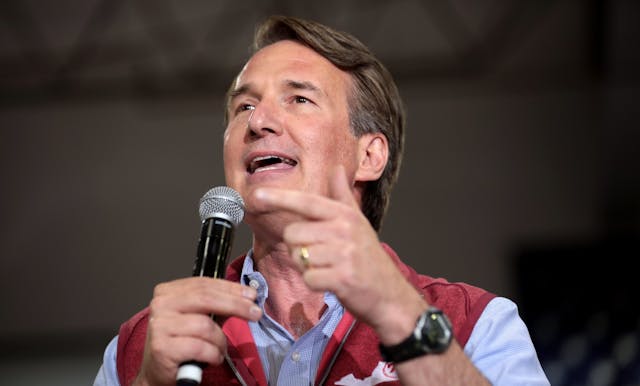Universal Healthcare: Coming to a California Near You?

If SB 810 is passed, universal healthcare may soon be a reality for California citizens. SB 810 covers the issue of "single-payer health care coverage" and is titled the "California Universal Healthcare Act." This bill provides a road map for government-sponsored universal healthcare throughout California.
The bill seeks to "establish the California Healthcare System to be administered by the newly created California Healthcare Agency under the control of a Healthcare Commissioner appointed by the Governor and subject to confirmation by the Senate." So yes, in an effort to simplify health insurance grants, the bill's sponsor, Senator Leno, proposes the creation of an entirely new healthcare agency, to be presided over by a health czar.
Furthermore, the bill would "make all California residents eligible for specified health care benefits under the California Healthcare System, which would, on a single-payer basis, negotiate for or set fees for health care services provided through the system and pay claims for those services. The bill would provide that a resident of the state with a household income, as specified, at or below 200% of the federal poverty level would be eligible for the type of benefits provided under the Medi-Cal program. The bill would require the commissioner to seek all necessary waivers, exemptions, agreements, or legislation to allow various existing federal, state, and local health care payments to be paid to the California Healthcare System, which would then assume responsibility for all benefits and services previously paid for with those funds."
In a strange and complicated explanation, the bill would further create a number of new positions and offices to oversee the bizarre and seemingly poorly planned out change, including the creation of a Healthcare Policy Board, an Office of Patient Advocacy, an Office of Health Planning, an Office of Health Care Quality, an Office of Inspector General ("within the Attorney General's Office, which would have various oversight powers"), a Healthcare Fund and Payments Board and a California Healthcare Premium Commission, among other unnecessary additions.
Another worrisome part to this plan is the proposed prohibitions inherent in it: "The bill would prohibit health care service plan contracts or health insurance policies from being issued for services covered by the California Healthcare System."
This proposal would further complicate the already-complicated world of HMOs, and is guaranteed to make work (and life) harder for physicians, already stretched under typical working conditions. By instilling a single-payer system, where residents are assigned numbers, where is the ability to choose one's specific healthcare provider? This program is anti-choice, if the state ultimately has the last say on what exactly a consumer can and cannot do medically. When physicians are told they must see everyone and anyone, and will be paid a minimum by the government, where exactly is the urgency to treat more in-need patients? Once the government determines exactly who needs what procedures, and when, then the freedom of choice enjoyed by Californians with their healthcare, will disappear forever.
Most alarming, is how government representatives feel they are most qualified to dole out healthcare, when most government officials know nothing about medicine and patient care. Does it make more sense to trust your health to a career politician, or to the physician you have selected, and have seen for years?
It is unclear exactly why some senators feel the need to faze out the Medi-Cal program, in favor of a similar program, which would grant more power to the California legislature. Leno's Web site claims that SB 810 would establish a "modern universal health care system to cover every California resident with comprehensive benefits, contains the growth in health care spending and ensures patient-centered high quality health care. The plan is funded by replacing premiums currently paid to insurance companies with premiums paid into a health care trust fund, which saves billions on administrative costs and covers everyone regardless of their employment status or pre-existing conditions." Leno has released no documentation to support this rather important assertion and serious accusation.
SB 810 was introduced on February 27 by State Senator Mark Leno, of the Third Senate District, of San Francisco.



